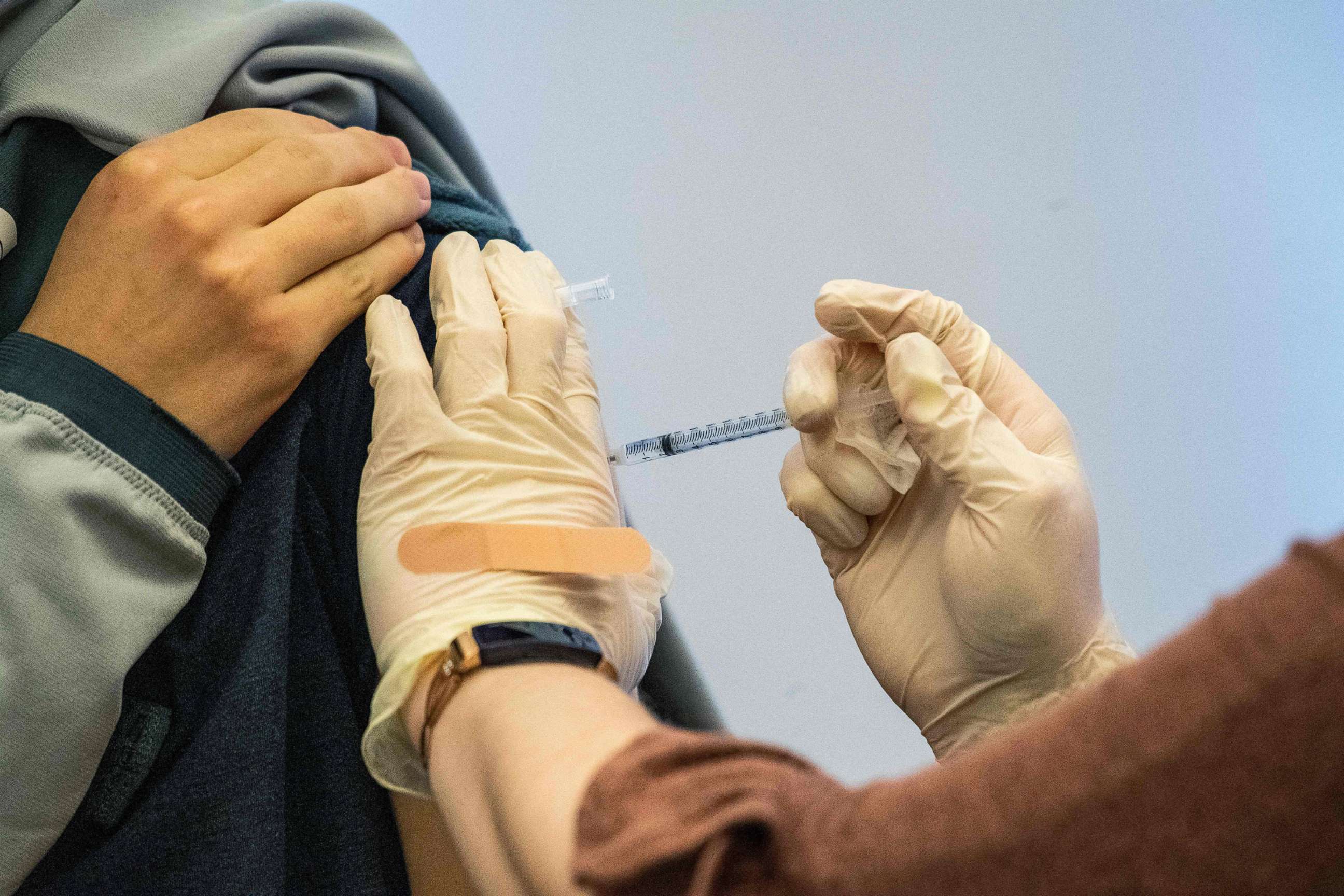Johnson & Johnson's single-shot COVID-19 vaccine offers lower initial efficacy compared to Pfizer's and Moderna's, but protection against breakthrough infection remains more stable over time, according to a new study sponsored by the pharmaceutical company.
The study found that the J&J vaccine was 74% effective against breakthrough infection in the weeks following the shot. This level of protection held steady over the next three months and started waning after the fourth month.
The Pfizer and Moderna vaccines, meanwhile, were 88% and 92% effective, respectively, against breakthrough infection in the weeks following the second dose, the study found. This level of protection started waning after the second month, falling progressively over six months.
Protection against severe illness remained more stable over time for all three vaccines.
The analysis, which has not been peer-reviewed, looked at data from 168 million people between Jan. 1 and Sept. 7 of last year. It covers a period of alpha and delta variant dominance, but the results could change now that the omicron variant is also present.
The data supports current guidance from the Centers for Disease Control and Prevention for booster shots after two months for the J&J vaccine to bring initial efficacy higher, and booster shots for Pfizer and Moderna vaccines after five and six months, respectively, to boost efficacy after a period of waning.
-ABC News' Sony Salzman





